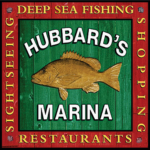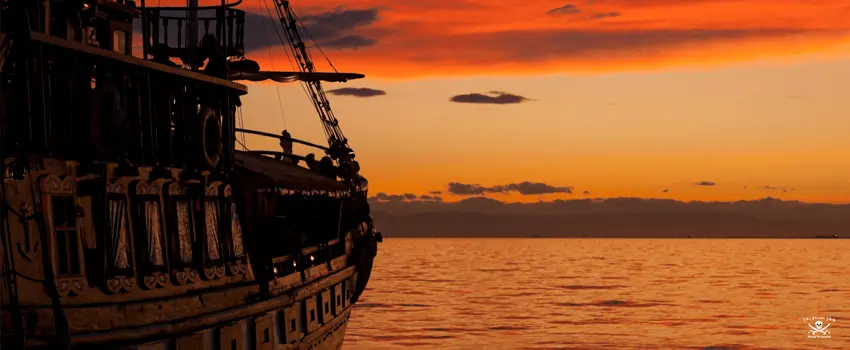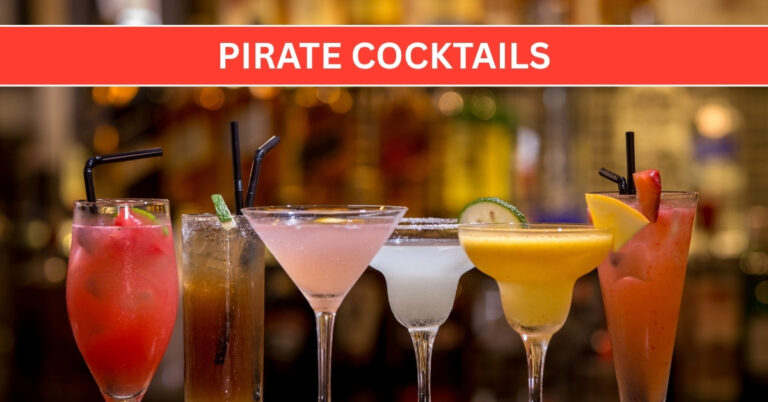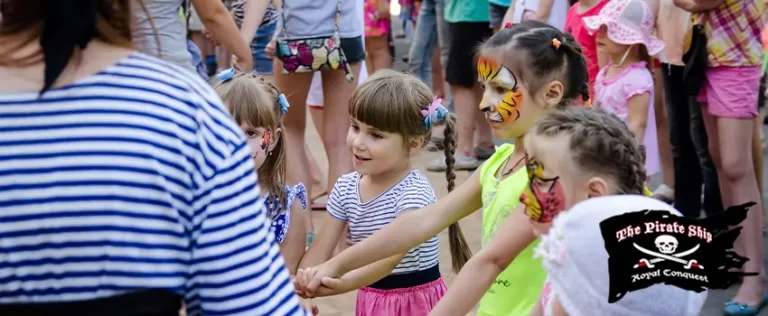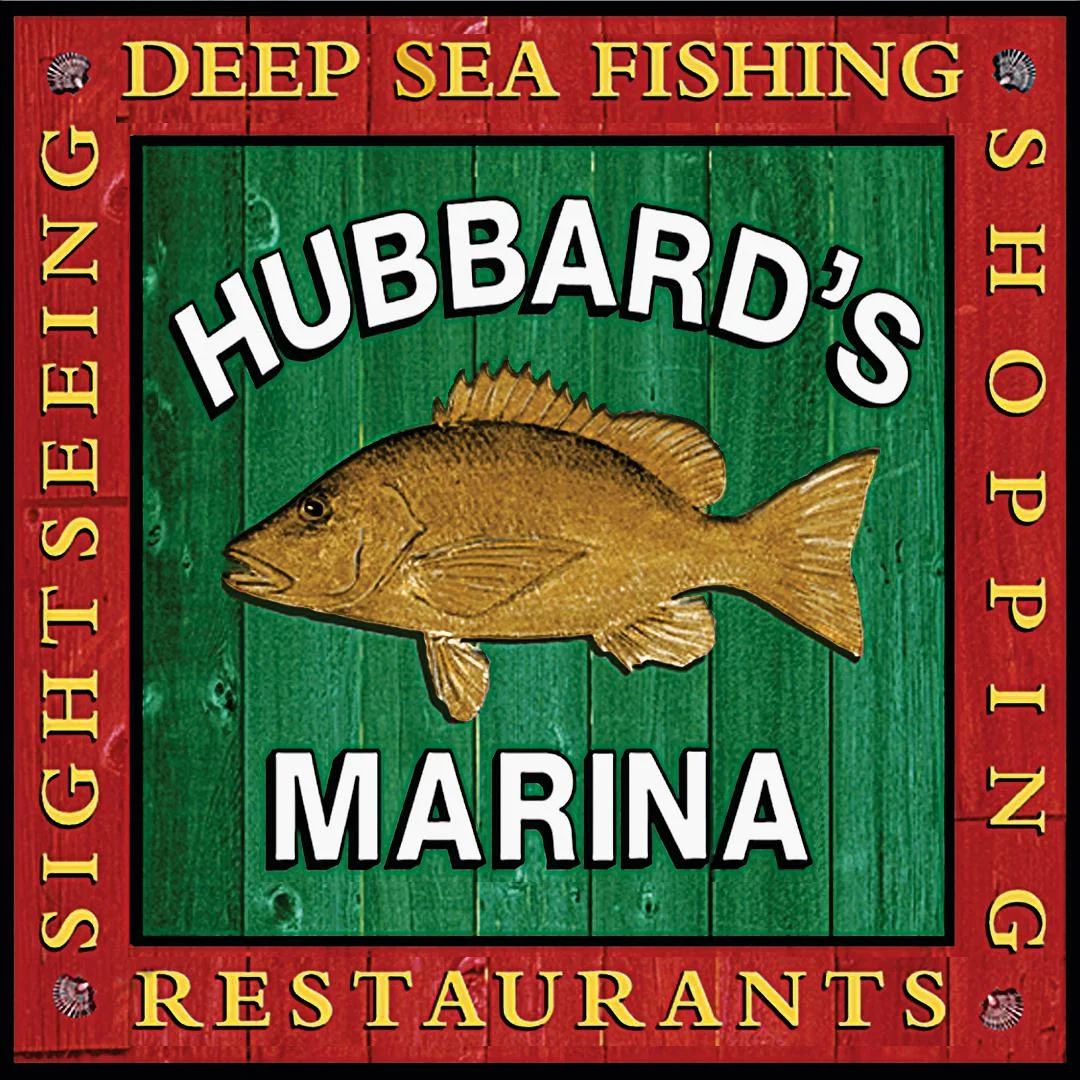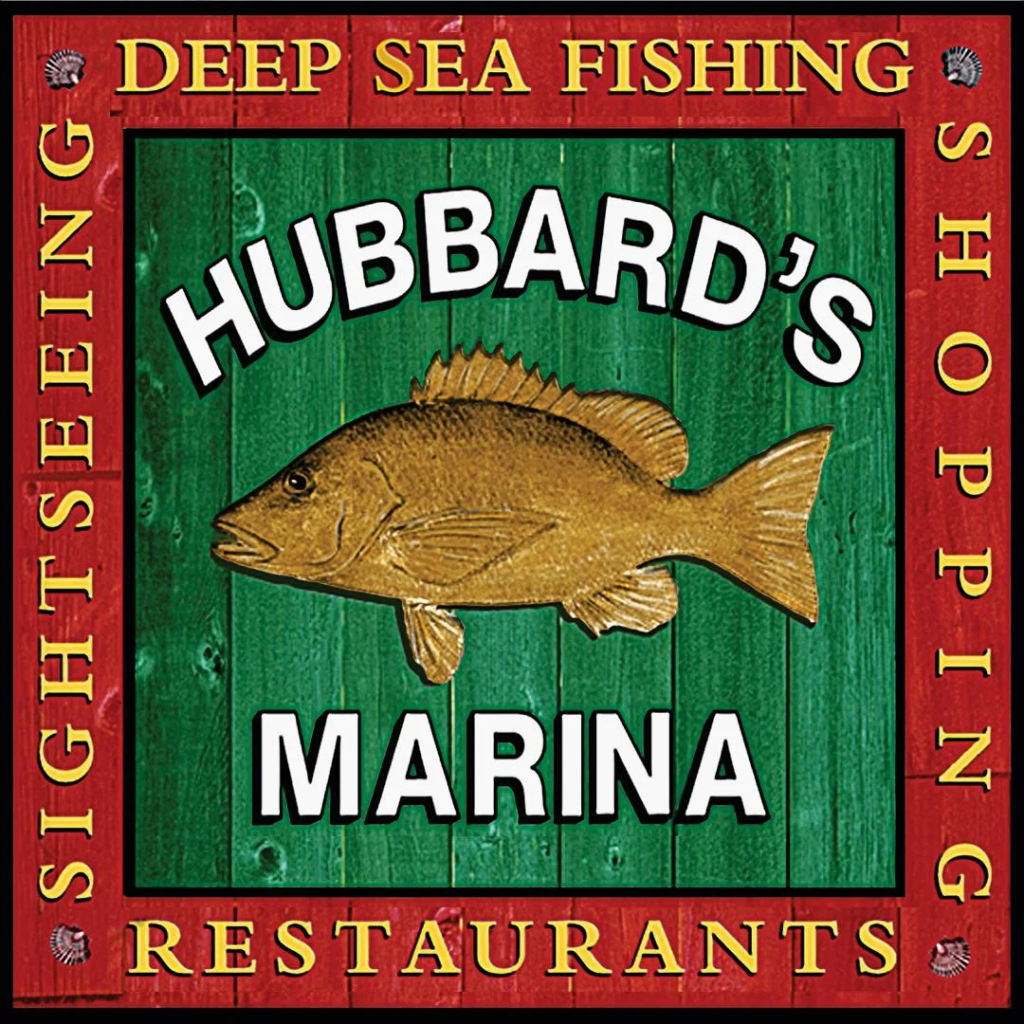Where would a pirate be without their sea shanty? The cheerful tunes sung by pirates of old have made their way into pop culture, turning up far from angry seas. In a pirate’s heyday, a sea shanty had various important purposes. From keeping time to wishing for a safe voyage, sea shanties played a vital role in a pirate’s life.
Pirate sea shanties may be familiar to you. Ask yourself, “What would you do with a drunken sailor?” and you’re halfway to belting out your own version of a centuries-old, traditional song. The history of sea shanties stretches back to the Golden Age of Piracy and has continued in various forms.
The Drunken Sailor
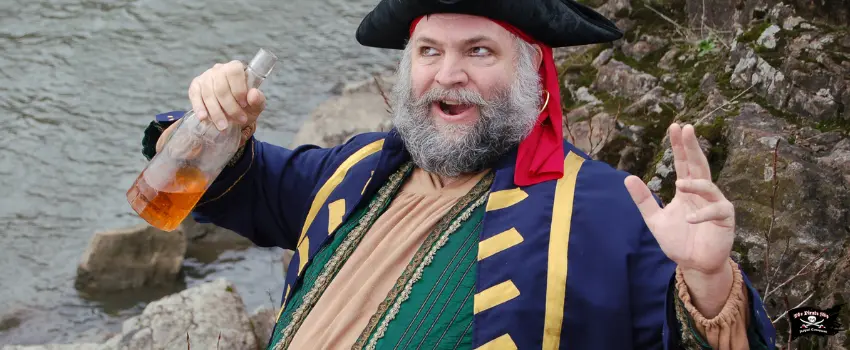
You don’t need to be a pirate to sing “The Drunken Sailor;” it’s probably the most popular sea shanty today. Ships with extensive crews used “The Drunken Sailor” for many reasons, from passing the time to hoisting sails. Staying in rhythm with your fellow pirate could mean the difference between success and failure.
So, a catchy tune kept timing errors from occurring.
What shall we do with a drunken sailor, early in the morning?
Shave his belly with a rusty razor,
Shave his belly with a rusty razor,
Shave his belly with a rusty razor,
early in the morning!
With no particular end, “The Drunken Sailor” pirates and sailors can sing this shanty without end. Its customizable lyrics and simple tune made it one of the most legendary and memorable pirate sea shanties of all time.
Blow the Man Down
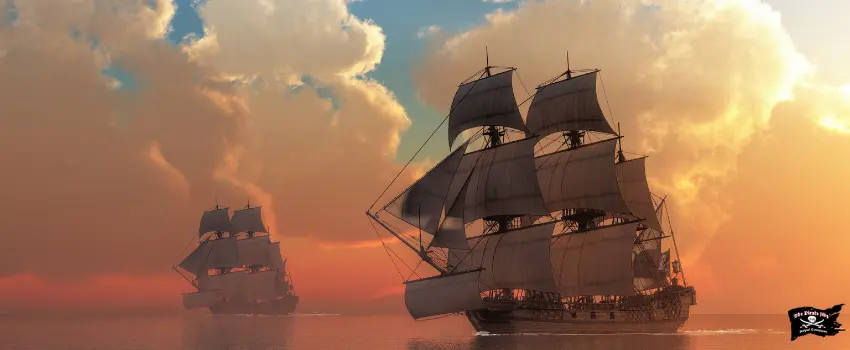
Joy and happiness often alluded a pirate. When not occupied by pillaging and plundering, life at sea meant drudgery and boredom for most of them. And if you were particularly unlucky, you fell under the whip of the captain of a Black Ball ship.
A Black Ball ship belonged to a fleet of speedy vessels traveling between New York and Liverpool, England. It required a crew that operated like greased lightning that left no room for error. Because of the rigorous work conditions, “Blow the Man Down” became popular among Black Ball ship crews. Songs featuring a man collapsing proved popular on board the American Black Ballers.
There are several variations of the song, but most involve an altercation with a policeman. For instance, as documented in author Frank Shay’s Iron Men & Wooden Ships:
Oh, blow the man down, blow the man down
Way ay, blow the man down
o’ blow the man down in Liverpool town
Give me some time to blow the man down
As I was walking down Paradise Street
Way ay, blow the man down
A brass-bound policeman I happened to meet
Give me some time to blow the man down
Says he, “You’re a black baller by the cut of your hair.”
“I know you’re a black baller by the clothes that you wear.”
“Oh, policeman, policeman, you do me great wrong,
I’m a fly-fishing sailor just home from Hong Kong.”
They gave me three months in Walton Gaol,
for booting and kicking and blowing him down.
As far as sailor songs go, “Blow the Man Down” is as catchy as it is macabre.
Yo, Ho (A Pirate’s Life for Me)
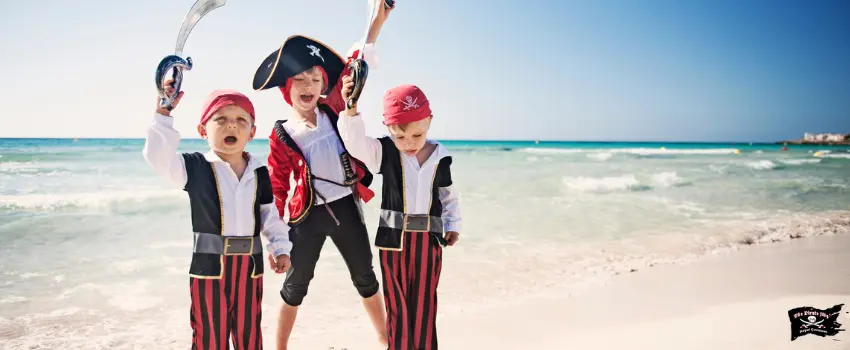
One of the most popular pirate sea shanties of all time, “Yo Ho (A Pirate’s Life for Me)” originated from a music studio. Composer and songwriter George Burns created the tune for Disney’s Pirates of the Caribbean theme park attraction for its maiden voyage in 1967.
The ride glorifies the Golden Age of Piracy, allowing guests to enjoy the rather boisterous life of a pirate from the safety of a dingy. The song helped to rehabilitate a pirate’s reputation, romanticizing the lifestyle.
We’re rascals and scoundrels, we’re villains and knaves
Drink up me hearties, yo ho
We’re devils and black sheep, we’re really bad eggs
Drink up me hearties, yo ho
Yo ho, yo ho, a pirate’s life for me
Perhaps this sea shanty is beloved more so by Disneyland guests than it would have been by the real pirates of the Caribbean. Still, its cultural impact has propelled it into becoming one of the best sea shanties of them all.
Homeward Bound
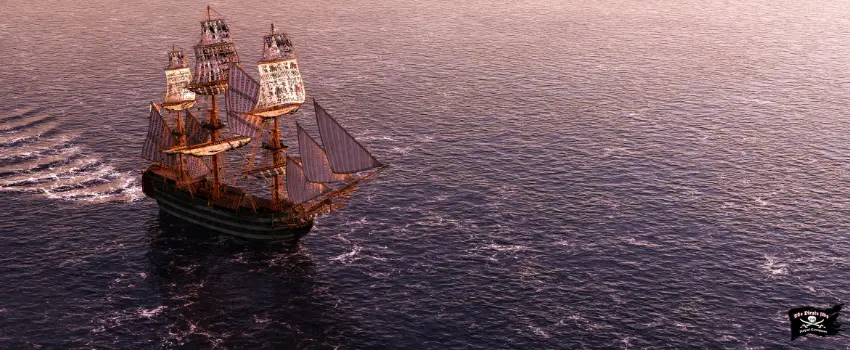
As far as sea shanties go, “Homeward Bound” is rather upbeat. It’s an example of a capstan shanty, which was repetitive and relied on a sustained rhythm. Pirates or sailors often sang capstan shanties during heaving activities, like the raising and lowering of an anchor.
Capstan shanties were named after the capstan, a cylindrical mechanism with bars on its vertical axis. Sailors or pirates pushed against these bars to make the capstan revolve to haul rope or heavy loads. It is a grueling and tedious task that shanties like “Homeward Bound” helped complete.
“Homeward Bound” held special significance for a sailor pirate. They often sang this shanty at the port when the ship began its journey home.
From Shay’s Iron Men & Wooden Ships:
Oh, Fare you well! I wish you well!
Good-bye, fare you well; good-bye, fare you well!
Oh, fare you well, my bonny young lassies;
Hurray, my boys, we’re homeward bound!
Sloop John B
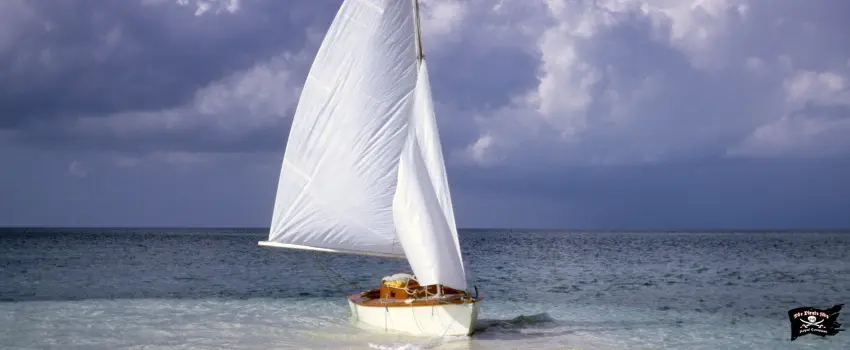
Were The Beach Boys famous pirates? Not quite. The best-selling artists released the single “Sloop John B” in 1966, but the lyrics date back as early as the 1800s, originating from the West Indies.
We come on the sloop John B., my grandfather and me
Around Nassau town we did roam, drinking all night
Got into a fight, well I feel so broke up
I want to go home
It may not qualify as one of the best sea shanties of all time, but given the popularity of The Beach Boys, it’s clear that pirate lingo, lore and tunes are firmly entrenched in our collective consciousness.
Learn and sing more sea shanties with us!
Pirate sea shanties live on even as their originators have passed on into history. You too can sing sea shanties aboard a real-life pirate ship, the Royal Conquest! Cruise around Boca Ciega Bay on the best Pirate Cruise in Madeira Beach, departing daily from St. Petersburg, Florida.
Come and sing sea shanties and learn more about pirate life with us today.
